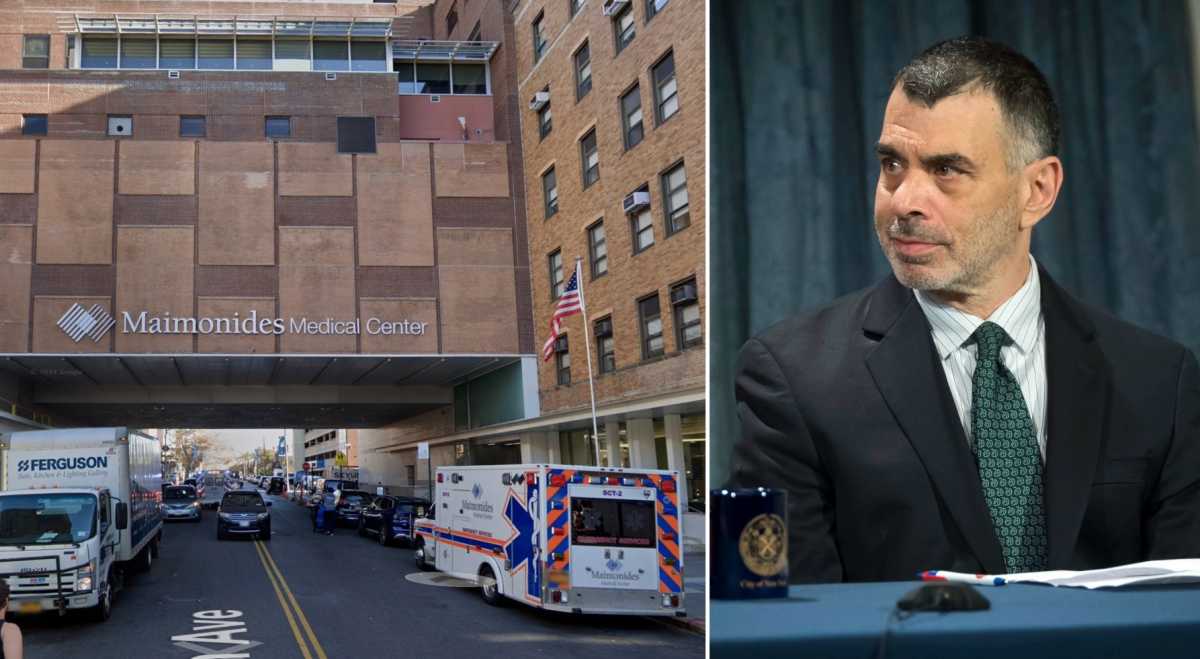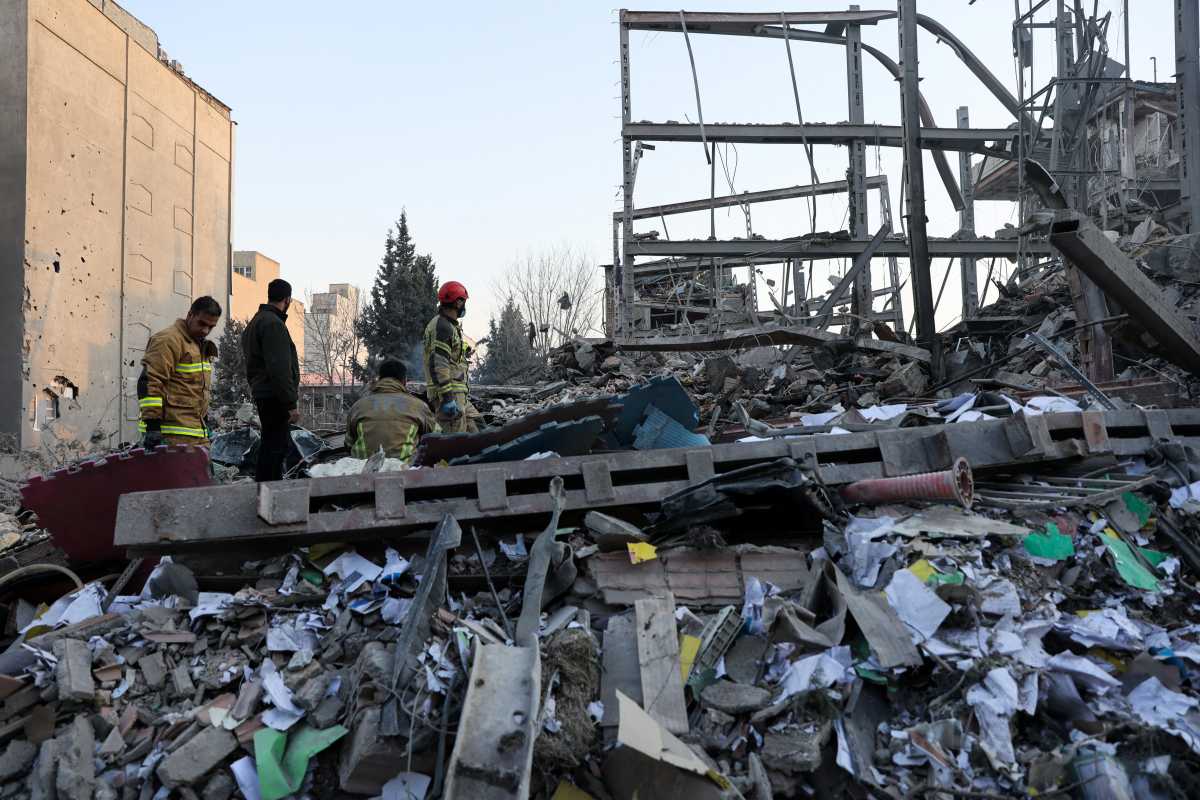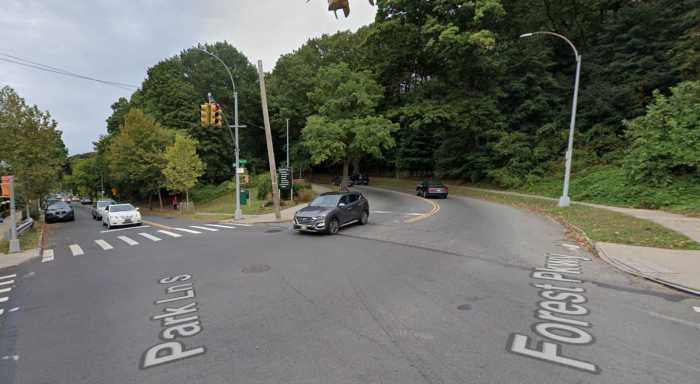A broad coalition of elected officials, community groups, and Brooklyn residents marched through South and Central Brooklyn on Sunday to raise awareness about the census and racial justice.
The “Census March for Racial Justice,” organized by the office of State Senator Zellnor Y. Myrie (D-Brownsville, Crown Heights, East Flatbush, Gowanus, Park Slope, Prospect Heights, Prospect Lefferts Gardens, South Slope, Sunset Park) and co-sponsored by numerous Brooklyn elected officials, began concurrently in Sunset Park and Brownsville and converged for a rally in Grand Army Plaza.
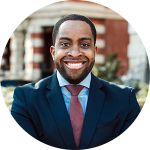
“From infrastructure and healthcare to school funding and political representation, the stakes for the 2020 Census are impossible to overstate,” said Myrie. “Our communities have historically been undercounted, underfunded and underserved. Once every decade we have the chance to show up, get counted, and fight for the dollars we deserve.”
“Filling out the Census takes ten minutes to answer ten questions, but the impacts for our neighborhoods, city and state last for ten years,. At a time when the Federal government wants to starve us of needed resources, it is more important than ever that everyone completes the Census, so that Brooklyn counts one hundred percent,” he added.
Over 200 New Yorkers marched from Our Lady of Perpetual Help in Sunset Park and Brookdale Hospital in Brownsville and attended the rally at Grand Army Plaza. Marchers carried signs and the Office of the Public Advocate led a car caravan and low-riders cruised along with marchers. As marchers drew the attention of neighbors to the streets, census staff and volunteers helped residents complete the Census.
The route intentionally went through neighborhoods that are lagging in their Census response rates, such as Sunset Park and East Flatbush. These low-income communities of color have high numbers of essential workers and immigrants and suffered disproportionately during the COVID-19 crisis. Achieving a full Census count in these areas would directly increase the federal resources available to these communities that are channeled through schools, hospitals, jobs programs, and more.
New York City in general and Brooklyn in particular are behind on the census. The citywide response rate was just 54 percent as of July 27, and Brooklyn has a disproportionately high number of historically undercounted populations, such as seniors, immigrants, renters, and children.
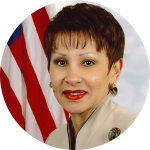
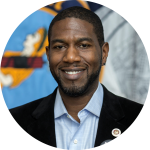
“Filling out the Census is easy, secure and incredibly important,” said U.S. Rep. Nydia M. Velazquez (D-Brooklyn, Queens, Lower Manhattan). “Everyone’s responses– including undocumented residents– are protected by law. To help ensure Brooklyn gets its fair share, it’s essential everyone completes the 2020 Census and helps spread the word.”
“The census is a civil rights issue. It can also be an instrument of justice, if all New Yorkers are counted,” said Public Advocate Jumaane D. Williams. “In the midst of a pandemic and a protest movement, it’s even more clear that our laws and our lives are shaped by the need for a complete count. A commitment to count every household in this city is a commitment to ensuring communities of more color across New York get the resources and representation they are owed.”
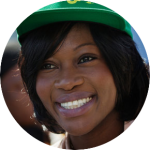
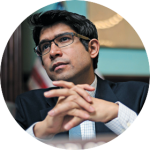
“Completing the 2020 Census will take just 10 minutes to answer 10 questions which will impact Brooklyn’s access to federal funding and representation over the next 10 years,” said Assemblywoman Diana C. Richardson. (D-Crown Heights, Prospect Lefferts Gardens) “Today we are marching because Brooklyn’s future depends on a complete count! Please tell your family, friends, and neighbors to fill out the Census today; and help spread the word.”
“We are witnessing the devastation that systemic racism and chronic under-resourcing can wreak on our communities. It’s no surprise that Black and Brown communities, including immigrants, have been hardest hit by the COVID-19 pandemic,” said City Council Member Carlos Menchaca, (D-Sunset Park, Red Hook), Chair of the Committee on Immigration. “In a crisis like this, they are already at a disadvantage. Some of the lowest census response rates we are seeing in the City right now – response rates below 50 percent – are in neighborhoods, like Sunset Park, that have been hardest hit by COVID-19 and need resources the most right now. We march because our communities must be counted to secure the resources we need and deserve. We are not invisible. We are here and will be counted.”
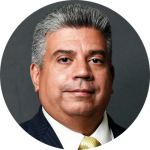
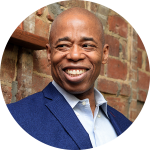
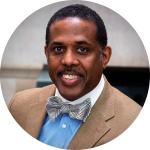
“An accurate census count will get Brooklyn the important resources and representation that are required to ensure that our community’s critical needs are met,” said Brooklyn District Attorney Eric Gonzalez. “It can also help improve public safety because access to quality education, stable housing, job training and health services are the building blocks of safe and healthy communities. This is why I strongly encourage every Brooklyn resident to fill out the census.”
“With the deadline for responding to the 2020 Census looming, it’s more critical than ever that we Make Brooklyn Count,” said Brooklyn Borough President Eric Adams. “Brooklyn is considered one of the hardest-to-count counties in the state, and an undercount will only deepen the inequities laid bare by COVID-19, having long-lasting implications for our borough. As the late John Lewis wrote before he passed, ‘Democracy is not a state. It is an act.’ Participating in the Census is one of the most important ways we can make our democracy fairer and more equal for all citizens, and I thank my colleagues in government for highlighting its importance.”
“Now more than ever the 2020 Census is a priority for our community,” said State Senator Kevin Parker (D-East Flatbush, Flatbush, Midwood, Ditmas Park, Kensington, Park Slope, Windsor Terrace). “I applaud Senator Zellnor Myrie for leading this initiative to ensure we are in the community, informing our constituents about the importance of the Census and making sure they fill it out before the deadline. I look forward to continuing being on the frontlines and making sure Brooklyn gets counted!”



